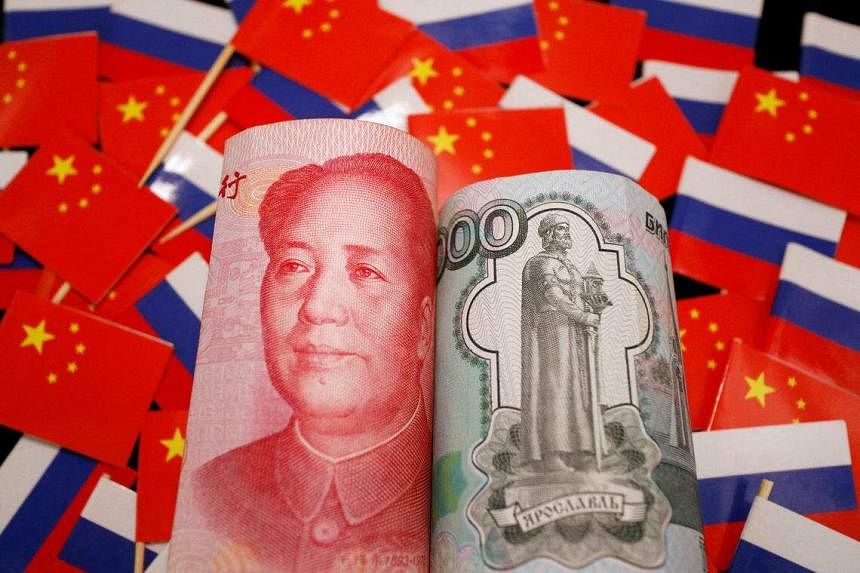One of Washington’s closest Asian allies, Japan, has started purchasing the oil at prices higher than the cap. The United States has rallied its European allies behind a USD 60 per barrel ban on purchases of Russian crude oil.
In order to ensure access to Russian energy, Japan convinced the US to create the exception. It is clear from the concession how dependent Japan is on Russia for fossil resources, which, according to experts, has made Tokyo reluctant to fully assist Ukraine in its fight with Russia.
Japan has increased its purchases of Russian natural gas in the past year, despite the fact that some European nations have decreased their reliance on the Russian energy supply.
The last G-7 leader to visit Ukraine following Russia’s invasion was the Japanese Prime Minister Fumio Kishida. Japan is the only G-7 nation that does not provide Ukraine with lethal weapons.
According to Kishida, the G-7 summit he is hosting in his native Hiroshima in May will demonstrate support for Ukraine. According to a Wall Street Journal story, Tokyo has said that it is determined to helping Kyiv but is unable to send weapons due to persistent export restrictions imposed by the cabinet.
Despite being small and US-approved, the oil imports reveal a failure in the US-led effort to impose a global USD 60 per barrel ban on Russian crude oil purchases.
The cap is effective, according to a Wall Street Journal report, because oil-buying nations frequently need insurance and other services from businesses based in the United States or one of its allies, even if they are not allies of the United States.
The G-7, the EU, and Australia have endorsed regulations that forbid those businesses from offering their services to anyone who purchases Russian oil for more than USD 60 per barrel.
The nations agreed to an exemption from the restriction for oil purchased by Japan from Russia’s Far East Sakhalin-2 through September 30 last year.
Over one-tenth of Japan’s natural gas imports come from Russia, mostly from Sakhalin-2, and the amount that Japan bought last year was 4.6% higher than the previous year.
In contrast, Germany, whose natural gas imports from Russia accounted for 55% of its total imports before the war, was able to endure a total shutdown by immediately redesigning its import infrastructure.
Germany’s economy grew more quickly than Japan’s did the year before, confounding expectations of a German slump brought on by the Russian gas halt.
It’s not as if Japan can’t manage without this, James Brown, a professor at Temple University’s Japan campus, remarked. They are able to. Simply put, they don’t want to. In the event that the Sakhalin projects fail, Japan should take action to disengage from them.
In the first two months of this year, Japan bought roughly 748,000 barrels of Russian oil for a total of Yen 6.9 billion, according to official trade records. That amounts to USD 52 million at the current exchange rate, or just under USD 70 per barrel.
Russia exports millions of barrels of oil per day, therefore Japan’s purchases account for a very small portion of the country’s overall output.
For the majority of its electricity, Japan imports natural gas and coal, as it produces essentially no fossil fuels. According to authorities, denying China access to Russian LNG would be ineffective because China might purchase LNG from Russia.
US officials have been asserting for months that the cap has largely been successful in decreasing Russia’s oil revenue while stabilising the world oil markets.
Russia’s budget suffered this year as the price of its petroleum fell, but global oil benchmarks stabilised as Russian output only slightly decreased. Two further price caps on Russian petroleum products have also been imposed by the US and its allies.
















